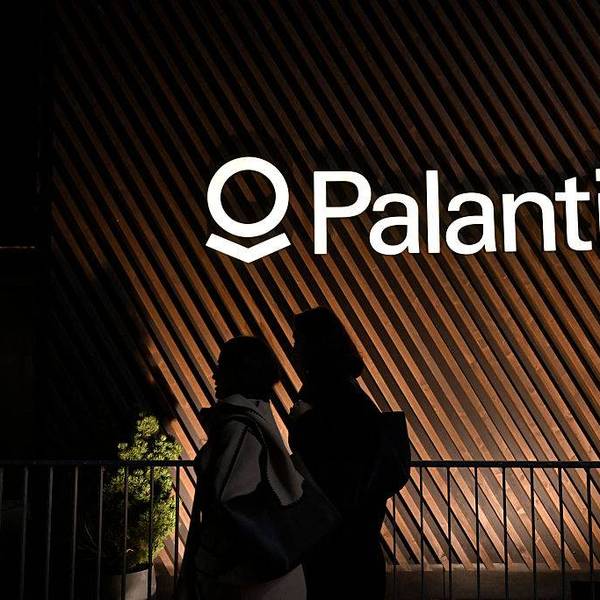Unencumbered by much in the way of campaign finance regulation, Wall Street mega-donors are on pace to eclipse even their own "exorbitant precedents" during the 2016 election cycle, according to a new report from national watchdog group Public Citizen.
The analysis, which uses data from the Center for Responsive Politics and the Federal Election Commission, finds that employees and businesses in the finance, insurance, and real estate sector already had given more to outside groups--specifically, super PACs devoted to presidential candidates--by the end of March than during any entire election cycle in history.
On top of that, the securities and investment industry, a subset of the finance sector that includes hedge funds and private equity funds, also has given more to outside groups than in any full election cycle.
Further, the report reveals:
- A relative handful of donors--a mere 100 individuals and businesses--are providing an extraordinary amount of money--more than 60 percent of the
$430.8 million given to presidential super PACs so far.
- Wall Street is providing far more than its share of this handful of donors--more than 50 percent.
Taylor Lincoln, research director for Public Citizen's Congress Watch division and author of the report, entitled Doubling Down (pdf), noted that "this pace of giving is particularly remarkable" in part because the donors "set these records without supporting two of the three remaining candidates." Democrat Bernie Sanders and Republican Donald Trump both eschewed super PAC support during the primaries.
However, Doubling Down points out that Trump "appears to be edging away from his disavowal of super PAC support." But Sanders rival Hillary Clinton "has countenanced super PAC support all along," the report reads, "even as Sanders has savaged her for doing so--especially for accepting support from Wall Street."
Public Citizen draws special attention to the role big-money donors can play in a presidential transition team, "which plays a key role in determining the trajectory of the new administration."
Indeed, said Heath Brown, assistant professor of public policy at the City University of New York and an expert on presidential transitions: "History has shown that donors make up a vastly disproportionate share of winning presidential candidates' transition teams."
And if Wall Street benefits from that historical precedent, "it likely will continue to push its agenda of weakening and blocking rules stemming from the Dodd-Frank Act, which was designed to reduce the size of big banks and curb the kind of reckless behavior of banks that led to the 2008 financial collapse," Public Citizen warned in a statement.



